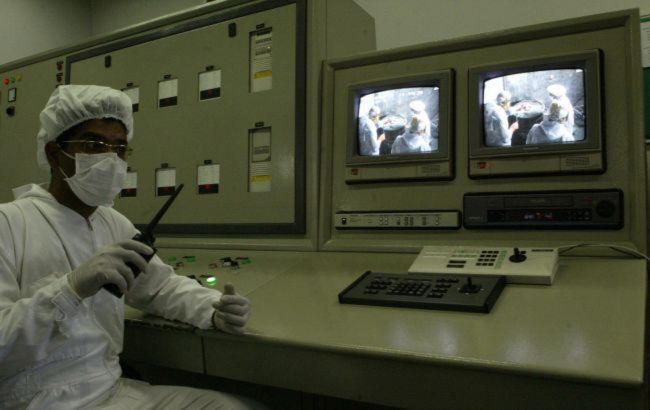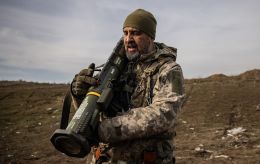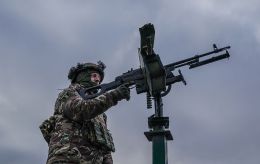Iran and US hint at possible resumption of nuclear talks
 Illustrative photo: Iran and the US hint at possible resumption of nuclear talks (Getty Images)
Illustrative photo: Iran and the US hint at possible resumption of nuclear talks (Getty Images)
Iran and the US have signaled the possibility of resuming dialogue on the nuclear program, but the threat of renewed UN sanctions leaves little time to find a compromise, according to a Reuters publication.
At the UN General Assembly, Iranian President Masoud Pezeshkian stressed that his country is not seeking to develop nuclear weapons. In response, Donald Trump’s Middle East envoy Steve Witkoff said Washington was ready for talks and interested in a diplomatic settlement. He noted that the American side’s task is to resolve conflicts, not escalate them.
Talks and disagreements
Before the June military clash between Iran and Israel, the sides had held five rounds of dialogue, but the main sticking point remained uranium enrichment. Western countries demand full guarantees that the nuclear program cannot be used for military purposes, while Tehran accuses the US of undermining diplomacy.
According to sources, Iran has been sending signals through intermediaries about its willingness to return to the negotiating table, but Washington has yet to give a direct response.
European pressure and sanctions threat
At the end of August, the UK, France, and Germany launched a procedure to restore UN sanctions on Iran. The so-called “snapback” could take effect as early as September 27 if no new agreement is reached. European states have offered a six-month delay on the condition that international inspectors are granted access and the uranium stockpile issue is resolved.
Positions of world leaders
French President Emmanuel Macron, after meeting with his Iranian counterpart, said there was still a chance for a deal, but Tehran had not presented concrete steps. He stressed that "an agreement is still possible. There are only a few hours left. It is up to Iran to meet the legitimate conditions we have set."
Reports note that if no compromise is reached by the deadline, all UN sanctions will automatically return. This would include an arms embargo, a ban on uranium enrichment, restrictions on missile programs, asset freezes, and travel bans for Iranian officials and companies. Iran’s economy, already weakened by years of sanctions, faces the risk of another heavy blow.
Iran’s Vice President and head of the Atomic Energy Organization, Mohammad Eslami, has traveled to Moscow to reach an agreement on building nuclear power plants.
Meanwhile, Ukrainian President Volodymyr Zelenskyy recently said Tehran continues to take a hostile stance toward Kyiv, while New Delhi is gradually showing greater readiness to support Ukraine.

